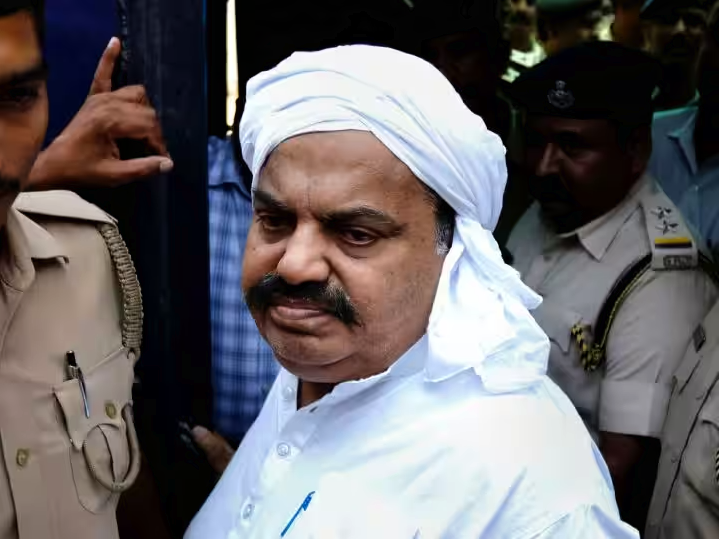India: Ex-Legislator Atiq Ahmed, Brother Shot Dead On Live TV
On Saturday, Atiq Ahmed, a former member of India's Parliament turned criminal, was shot dead with his brother outside a hospital in the northern state of Uttar Pradesh while being taken for a medical test. The incident was captured on live television.

Facts
- On Saturday, Atiq Ahmed, a former member of India's Parliament turned criminal, was shot dead with his brother outside a hospital in the northern state of Uttar Pradesh while being taken for a medical test. The incident was captured on live television.1
- Ahmed, sentenced to life in prison in a 2007 kidnapping case on March 28, was handcuffed and in police custody when the shooting occurred.2
- After the killings, the three assailants, who chanted "Jai Shri Ram" slogans [a provocative war cry] were sent to judicial custody until April 29. The trio was reportedly jobless and desired notoriety by eliminating Ahmed.3
- Ahmed had over 100 criminal cases including kidnapping, murder, and extortion, registered against him over the past two decades.2
- The killing of Ahmed and his brother came after Ahmed's 19-year-old son Atiq, who was pursuing first-year law studies, was reportedly killed in an encounter with the Uttar Pradesh police on Wednesday.4
- Since Yogi Adityanath — belonging to Prime Minister Narendra Modi's right-wing BJP party — took over as the chief minister of Uttar Pradesh, more than 10K police encounters have taken place in the state since March 2017, killing 183 convicts.5
Sources: 1Al Jazeera, 2ABP Live, 3The Financial Express, 4The Indian Express, and 5NDTV.
Narratives
- Narrative A, as provided by Times Now. The brazen anarchy and total collapse of law and order in Uttar Pradesh are shocking. When a convict can be killed openly in front of the police and media, questions must be asked surrounding the safety of the general public. The current judicial system has no place in a modern democracy. The government must be questioned, and its style of functioning investigated as playing with or violating the rule of law.
- Narrative B, as provided by The Wire. This was a cold-blooded religiously-motivated murder, so why would the assailants raise religious slogans after killing Ahmed? While such incidents should not be looked at through a sectarian lens — as criminals do not have religion or caste — many people celebrated the murder by saying that Ahmed had paid for his crimes with death. It shows the anti-Muslim sentiments in the state governed by Hindu-nationalist BJP. Eliminating gangsters based on religion and caste doesn't make two wrongs a right.
Predictions
Which party will form the government after the next Indian general election in 2024?
Metaculus is a community dedicated to generating accurate predictions about future real-world events by aggregating the collective wisdom, insight, and intelligence of its participants.








